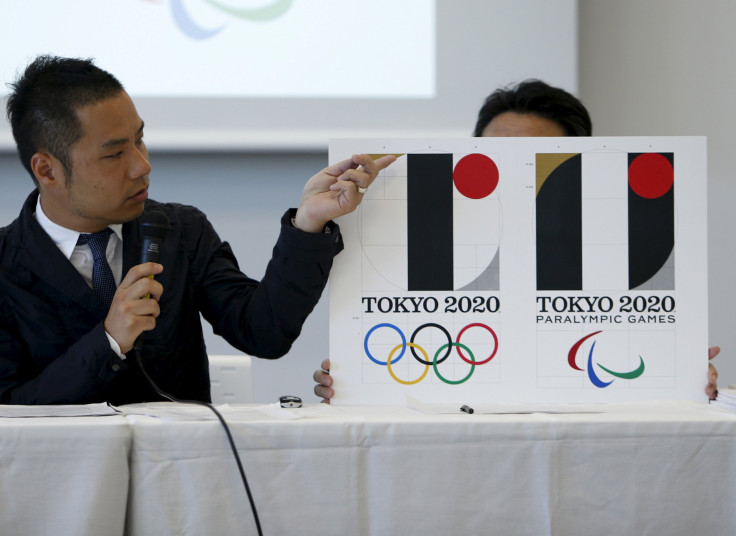Summer Olympics: Japan Releases 2020 Stadium Guidelines, But No Cost Estimates

Japan approved guidelines for its new Olympic stadium on Friday, vowing to build an athlete-friendly stadium as cheaply as possible and complete it by March 2020, a year later than planned, but without including any cost estimates or limits.
Japan scrapped its original plan for the new National stadium last month in the face of widespread outrage after costs ballooned to $2.1 billion, nearly twice original estimates -- an unusual move for an Olympic host city this late in the process.
The International Olympic Committee (IOC) signed off on the decision for the stadium, centerpiece of the 2020 Summer Olympics, but it has also said it will be part of the new stadium tender to make sure things stay on track.
The guidelines approved by Prime Minister Shinzo Abe and other officials late on Friday emphasized keeping costs as low as possible but included no upper limits or estimates. Plans are for management of the stadium to be handed over to a private firm once the Olympics are over.
"We should make a structure that will emotionally move people all over the world," Abe said.
"Of course, keeping costs down is a priority, and we must make the best, realistic plan we can.
Construction will be completed by March of 2020, the plan said, a year later than originally planned. Media reports have said construction will not begin until the end of 2016 or the beginning of 2017, also at least a year behind the original schedule.
Cost estimates will be set in a later plan to be released later this month or early in September, but officials have said their aim is to do everything as cheaply as possible, including having a roof over spectator seats only.
The stadium will be built to host rugby, athletics and soccer, leaving Japan with the ability to bid for World Cup soccer in the future. A number of the required 80,000 seats will be temporary.
An international competition will be held to choose a new design later this year, and a decision is due on both design and contractors in January 2016, media reports have said.
Japanese officials have acknowledged the original design for the stadium by U.K.-based Zaha Hadid Architects may have helped them win the Olympics, but the futuristic plan -- likened to a bicycle helmet -- drew fire for its grandiose size and what critics said was a lack of fit with its site.
Japan pinned blame for the ballooning price tag on the stadium design, but the architects countered that construction costs have been soaring in Tokyo, that they had made changes several times to bring costs down and that Japan's decision to scrap the plans came without any warning.
Tokyo has already paid out around 6.2 billion yen ($49.84 million) to Hadid, other architects and construction firms, prompting Abe to apologize on Monday for wasting tax money.
Preparations for the Olympics, Tokyo's second time to host the sports extravaganza, have run into hurdles on a number of fronts, including ballooning overall costs and rolling back promises of having most venues within eight kilometers of the Olympic Village.
Even the Olympic logo has become the focus of plagiarism accusations, which Japan and its designer deny.
(By Elaine Lies; editing by Greg Stutchbury/Sudipto Ganguly)
© Copyright IBTimes 2024. All rights reserved.











